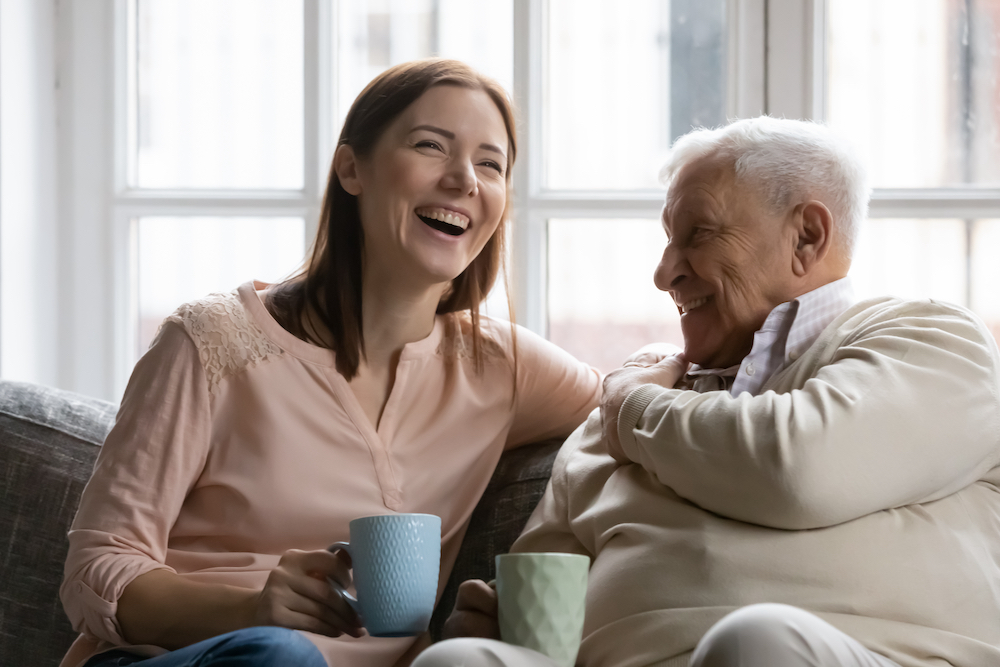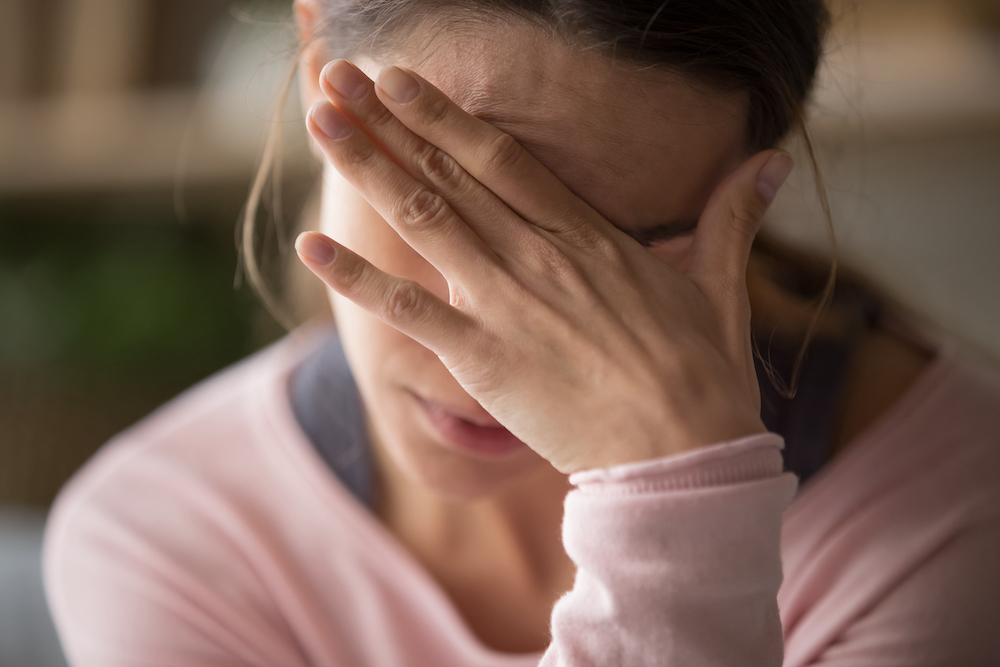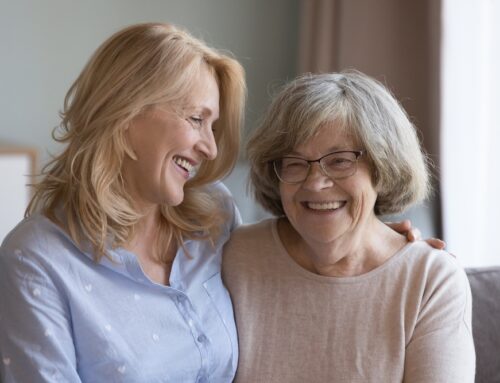Being the primary caregiver to a senior family member is an important job with a lot of responsibility. It can be an extremely wonderful and rewarding experience the mass majority of the time. However, there are instances where caregiver stress begins to pile up, resulting in burnout. It’s times such as these that you need to turn to self-care in order to get back on track.
So what is caregiver stress? What does self care look like? Our great staff here at short term respite care in Oceanside has some of the answers to these questions, as well as some tips that could help.
What is caregiver stress?
In a nutshell, caregiver stress is the emotional and physical impact that one faces as prolonged, primary caregiver. This can be for anyone, but in this blog, we are going to focus on when taking care of a senior adult. When this exposure to stress is long-term, it can lead to a range of health issues.
Even worse, when these concerns go completely unattended or ignored, it can result in caregiver burnout, which puts everyone at risk, including the senior loved one. When people are stressed, they tend to become more forgetful and can make dangerous mistakes. This can include forgetting to give necessary medications or overlooking important doctor appointments.
Signs and Symptoms of Caregiver Stress
Prevention is key and knowing what to look out for can help you stay self-aware of any issues as they crop up.
Physical Signs:
- Recurring headaches and body aches
- Fatigued or constantly tired
- Either sleeping too little or too much
- Either gaining or losing weight unexpectedly
- Abusing drugs and alcohol as a coping mechanism or stress reliever
Emotional Signs:
- Easily agitated or irritated / quick to snap in response
- Lingering feelings of sadness or loneliness
- No longer interested in hobbies or activities you enjoy
- Isolation from other people
While these certainly aren’t conclusive lists, they do give you a baseline to look at when judging your caregiver stress. If you notice that you check one or more of these items, it is important to talk with your doctor right away. Leaving these unattended can lead to some serious health risks, such as depression, a weakened immune system, digestive issues, alcoholism and drug addiction, and an increased risk for chronic disease.
6 Tips for Improved Self-Care
When you care for another person full time, it can be difficult to prioritize your own wants and needs. However, the old adage rings true: you cannot pour from an empty cup. In order to be the best caregiver you can be, you also need to make sure that your health is in top shape. We have some recommendations that you should try:
Tip #1: Start With Small Tasks
Sometimes, breaking caregiving up into smaller, bite-sized tasks is the easiest way to get things done. When staring at a whole host of responsibilities: laundry, paying bills, preparing meals, cleaning the kitchen, etc., it is sure to feel daunting and overwhelming. That is why we recommend breaking up the tasks. Start with the smallest one and work your way. After all, once the laundry is all folded and put away, it will make it so much easier to clean the living room.
Tip #2: Eat Healthy Foods
If you are making healthy and nutritious meals for your senior, make enough for you, too! It can be easy to fall into the fast food black hole, choosing to grab what is easy or convenient just for the sake of time. However, many of these to-go foods are filled with empty calories and carbs that leave us bloated and feeling sick. Just like with your senior loved one, focus on getting a variety of fresh foods and veggies, whole grains, and lean protein.
Tip #3: Get More Rest
While we know that this is easier said than done, your body needs that time to recoup and recover. It can be tempting to stay up longer or try to cut out sleep in an attempt to get a little more free time or make more hours in the day, but our bodies absolutely need rest. Sleep deprivation can be dangerous, directly impairing one’s ability to carry out essential day to day functions, such as memory or fine motor skills.
Tip #4: Find Joy and Laughter
As a caregiver, it’s important to find the time to laugh and smile! In fact, did you know that laughter actually lightens your physical load and relieves mental stress and tension? Turn on your favorite comedy movie or a funny podcast while you fold laundry or clean to get a little laughter in your day.

Tip #5: Start a Journal
Humans are subjected to a whole host of emotions throughout the day. Caregivers are doubly so, as they not only take on your own thoughts and feelings, but those of your senior loved one as well. This can be a lot to mentally process. Writing things down can provide some perspective and insight about what you’re going through as well as give you a safe space to vent. Create a log on your computer or even grab a notebook from your local supermarket, either way, just make sure you spend some time in reflection.
Tip #6: Turn to Short Term Respite Care in Oceanside
Sometimes, more than anything else, what you need is a break. You might need some time away from your senior loved one, maybe even a chance to go on vacation and mentally reset. Our team here at the short term respite care in Oceanside is here to help! We offer services to help your loved one while you take care of yourself. This could be for a few hours or even a few days – whatever you need, we want to provide you with quality care.
Here at our facility, your senior will be taken care of by our accommodating staff. They can eat wonderful food and even make new friends by participating in one of our planned daily activities. They are even welcome to plan a fun day of pampering at our on-site beauty salon.
Yes, this is a vacation that you deserve, but trust us when we say that your senior will enjoy their time away, too!





